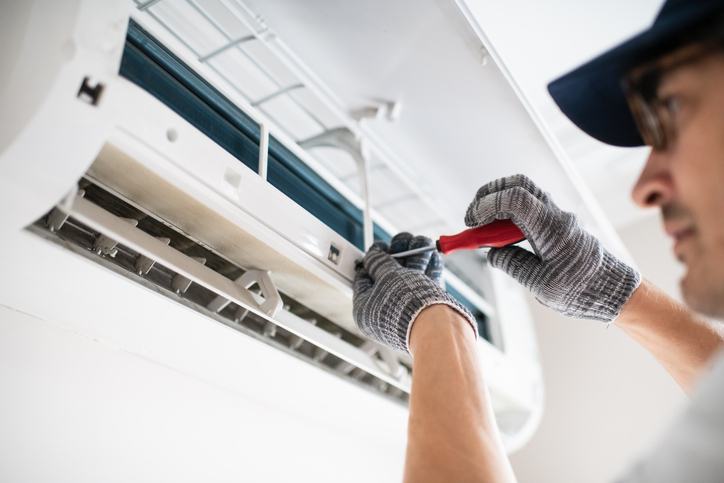Introduction
Air conditioners don’t age like fine wine, but that doesn’t always mean they need to be tossed out, either. For many Plano homeowners, the question of whether to keep an older unit running or start fresh with a new one is a tough call. While modern systems offer high efficiency, AC repair in Plano, TX is often the smarter, more economical choice, especially when handled by pros who know what they’re doing.
Let’s explore the real deal behind keeping that old cooling warrior alive a little longer.
1. What Age Really Means for Your AC
Many assume that the moment an AC unit reaches 10 years, it’s time to replace it. But age isn’t the only factor. Maintenance history, brand quality, and usage frequency play huge roles. A well-maintained 12-year-old unit can outperform a neglected 6-year-old one any day. Before jumping to conclusions, it’s worth evaluating what kind of life your system has lived. Units that have been regularly serviced often have years of cooling left in them.
2. When Repairs Are Cheaper Than New Installations
Price matters, especially in today’s economy. Replacing a full system isn’t cheap. If the issue is something like a faulty capacitor, blower motor, or thermostat, those repairs are typically low-cost. It’s when you start talking about compressor or coil replacements that things get murky. But for many older systems, quick fixes can buy you more time and save thousands. Homeowners looking into AC installation in McKinney, TX often compare estimates just to confirm that repair is still the better choice.
3. The Importance of Matching Your Home’s Needs
Older homes often have ductwork and layouts that were designed for specific airflow patterns. Installing a modern high-efficiency system without updating those things may not deliver the expected performance. A quality technician can tune your older system to better serve your layout, rather than relying on a new setup. And if your home is shaded, well-insulated, and naturally cool, your demand on the unit is likely lower, making repairs more worthwhile.
4. The Impact of Refrigerant Type
If your older unit uses R-22 refrigerant (phased out years ago), that’s usually a strike against keeping it. But many units post-2010 use R-410A, which is still acceptable. In those cases, repairing becomes a more solid option. Technicians can confirm what type your system uses during a simple check-up. If you’re not facing constant leaks or refrigerant shortages, sticking with your current setup might be the better financial move.
5. Trust the Local Climate Clues
In Plano, TX, the summers get brutal, but winters give your system a break. That matters. ACs in constantly hot, humid climates wear down faster. Here, your unit might have more life left than you think. Plus, having a go-to air conditioning repair team gives you more room to trust repairs without second-guessing everything.
New units aren’t always the upgrade they’re marketed to be. If your current system is reliable most days and hasn’t needed frequent attention, it’s probably not ready for retirement. Especially in Plano, TX, where HVAC techs are skilled at prolonging unit life, repairs offer excellent value. Consider the cost, performance, and your home’s unique demands before making a final call. When you get the right pros involved, you can stretch your AC’s lifespan without losing sleep (or cool air).
Conclusion
Thinking about a new unit? Not so fast. Call us at ClassicABC and ask for an AC evaluation that provides you with the truth, not a sales pitch.
📌ClassicABC delivers fast, expert service with the care you expect—reliable AC, heating, and plumbing solutions when you need them most.
 Schedule a Service
Schedule a Service
